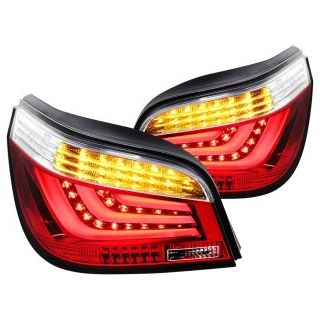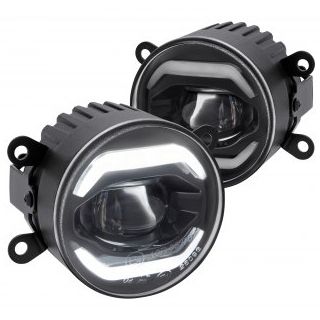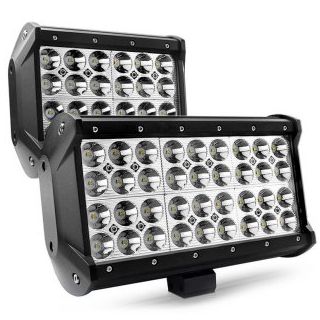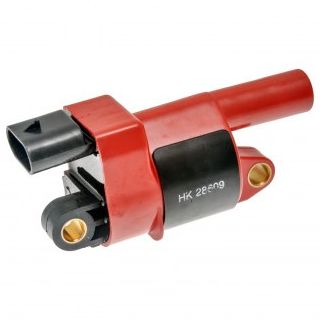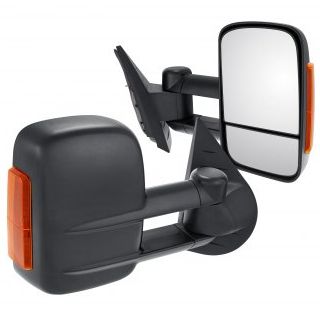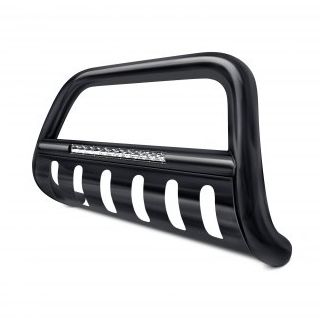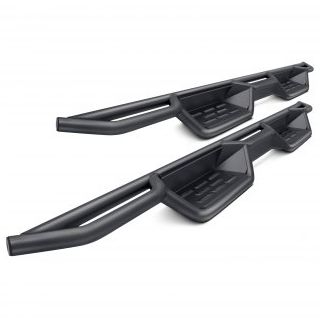
The winter seasons are debatably when your car’s battery works its hardest. You need your battery in top shape to power the cabin heating, light the way through blizzards with high beams, and more important features. Unfortunately, if you were pushing your car’s battery especially hard during the hot season, it may be more susceptible to sudden failures in the winter, which could leave you stuck on the side of the road in freezing temperatures.
Proper battery inspection and care is the first and foremost way to prevent this nightmare scenario, but there are a few additional tricks you can try to add an extra layer of safety. One such trick is a car battery blanket: No, it’s not a fleece blanket you use to lovingly tuck your battery in, but rather a specialized insulated covering designed to protect your battery from the frigid elements. How exactly does such a thing work, though, and do you actually need one?
How a battery blanket works
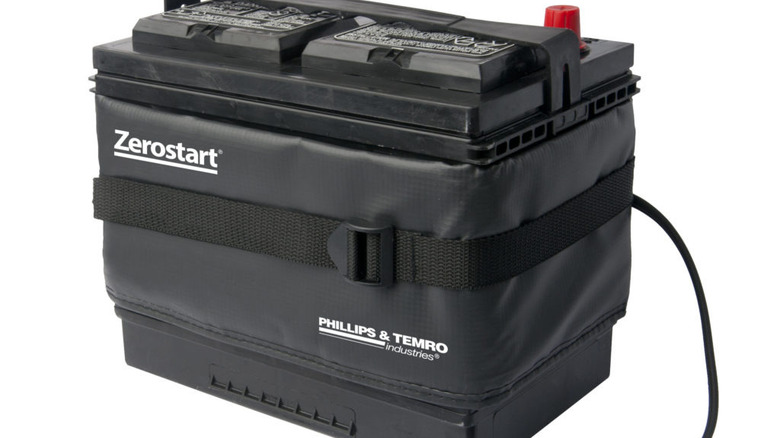
A car battery blanket, also known as a battery warmer, is an insulated wrap that goes around the surface of your car’s battery. Broadly speaking, battery blankets fall into two categories: unpowered and powered.
An unpowered battery blanket relies exclusively on the insulating materials it’s made of to keep heat inside of the battery, and the cold out. A powered battery blanket, meanwhile, includes a heating element like an electric coil. The blanket is plugged into an electrical outlet or standalone power source, and provides consistent warming to the battery as long as it’s powered — kind of like a heated blanket you would use in your home.
In either case, insulating your car’s battery in this manner helps to keep the ambient cold away from it, which in turn prevents the internal chemical components from freezing and solidifying. Keeping your battery’s components liquid helps it to sustain its electrical charge, even when it’s cold out.
Do you need a battery blanket?

Whether or not you actually need a battery blanket depends heavily on your personal situation. If you live somewhere that’s just kind of cold or a little snowy, then you probably don’t need a battery blanket. The same goes for brand-new cars with fully-charged batteries: A battery only becomes really susceptible to cold-induced failure if it’s been consistently used for several years, and gradually lost some of its charge capacity.
Where a battery blanket would be necessary is in northern locales, where winters are especially harsh and hazardous. A car battery that already has some wear and tear on it is more likely to suddenly fail in the winter if you’re consistently driving around in temperatures below 32 degrees Fahrenheit. In this case, it’s a good idea to keep the warmer on your battery whenever your car is parked, and especially if it’s going to be parked overnight.
Incidentally, battery warmers are only meant to be used with traditional automotive batteries. You can’t use a battery warmer with the large li-ion battery packs that are used to power electrical vehicles.








